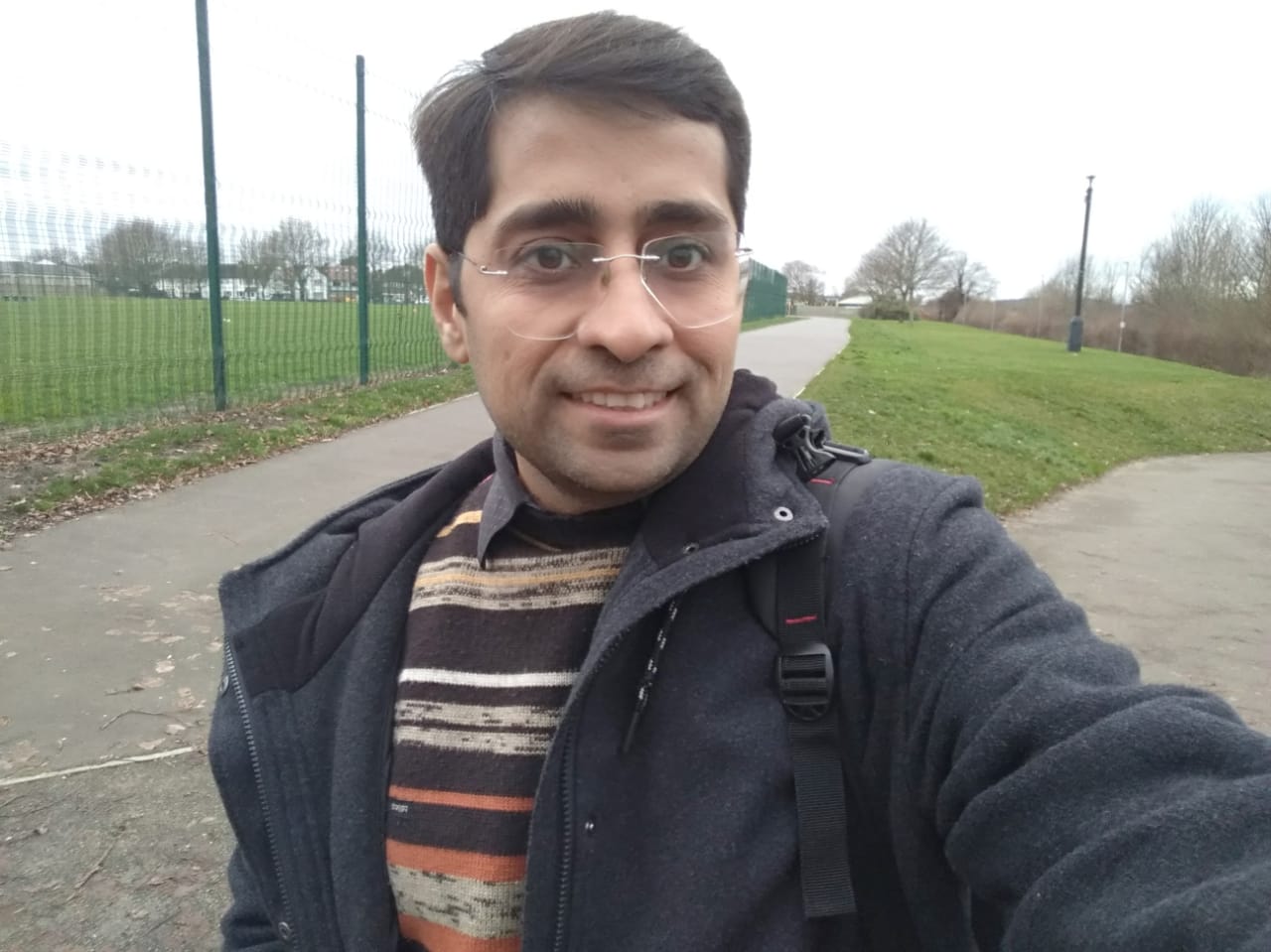MA Journalism student Vimal found studying in London a totally immersive experience, so much so he wrote a book about it. Here, he uncovers his own story and shares perspectives on the differences between the media in the UK and India, with a personal take on the COVID-19 pandemic news coverage. This is his #BBKStory.
In 2020, Vimal published his first book though he refutes any notion of being the main character in the story: “I am not Ajay but our experiences are closely linked and all the places Ajay visits are places I’ve either visited or lived in.”
Gentlemen: Stories from London tells the story of Ajay Vashishth, a young man from Delhi who comes to London and lodges in different parts of London including Bexleyheath, Ilford, Southall and Golders Green. Even with the exclusion of the Bloomsbury location, where Vimal would have spent much of his time while studying at Birkbeck, you’d be forgiven for assuming he and Ajay are one and the same.
However, Vimal insists not and divulges the details of his own upbringing, sharing aspects of life within a middle-class family, having a lawyer for a father and a grandfather hailing from Punjab, with family members keen for him to follow a ‘conventional career path’ in either law or medicine. With gentle resistance and with more creative inclinations, he pursued his undergraduate studies in commerce at the University of Delhi then decided on journalism at postgraduate level.
In 2019, his academic transition took him to Birkbeck and a city he’d never visited before. “It was the first time I’d been to London. I enjoyed the opportunity to visit places. I would see people wearing a coat and tie with office bags and a newspaper in hand.”
He accepts that the pre-pandemic period presented him with his best chances of socialisation saying, “I attended all workshops and events which were either very relevant or marginally relevant. I would go and meet people from other departments and would attend most of the events. I never skipped any classes. I would go out with friends. I went to the library as much as I could, including at Christmas. I even met friends from my country.”
Studying an MA in Journalism was a logical choice. He’d always liked writing and was fascinated by India’s booming television industry and the increasing acceptance of a career in the media. Prior to his studies, Vimal had spent ten years working in the media, primarily in India.
He has noticed subtle differences between the news in the UK and India, “The biggest difference is the way in which newspapers are heavily subsidised in India. I couldn’t imagine spending the two pounds or so on a newspaper in India. Of course, the newspapers in the UK can be found across the world but Indian newspapers are less likely to have that international reach.”
With a pandemic still in effect and with India having faced the brunt of it earlier this year with the Delta variant of the virus, Vimal shares his own personal reflections of how the media has handled the coverage: “I felt really pained watching the Covid-19 news. I was there when Delhi had one of its earliest lockdowns and I watched how the media covered the evolution of the virus and the spread of the variant. The media has an important part to play in exposing the pandemic but there needs to be accountability and the true picture should always be reflected. But we should also balance that because the reality of the situation can also spread panic.”
Further information
